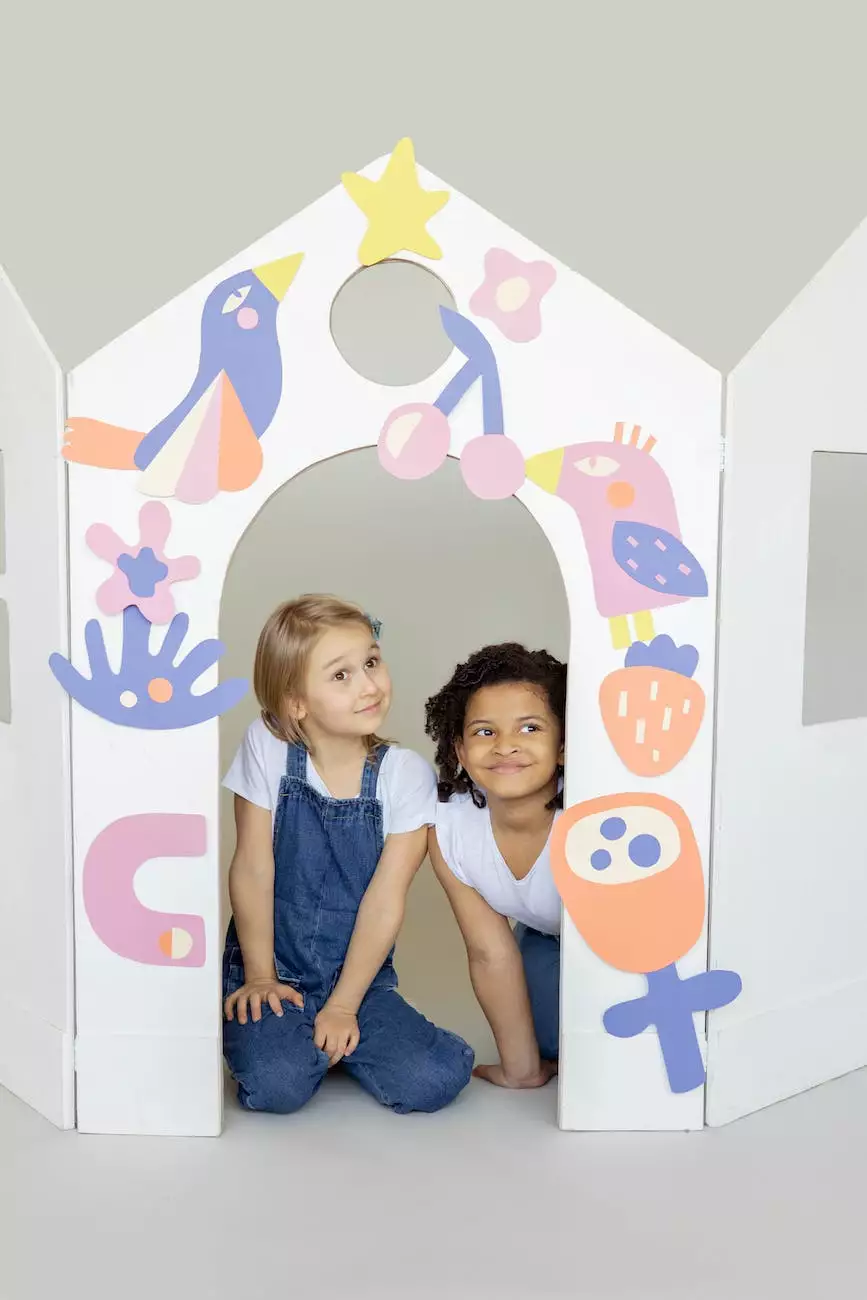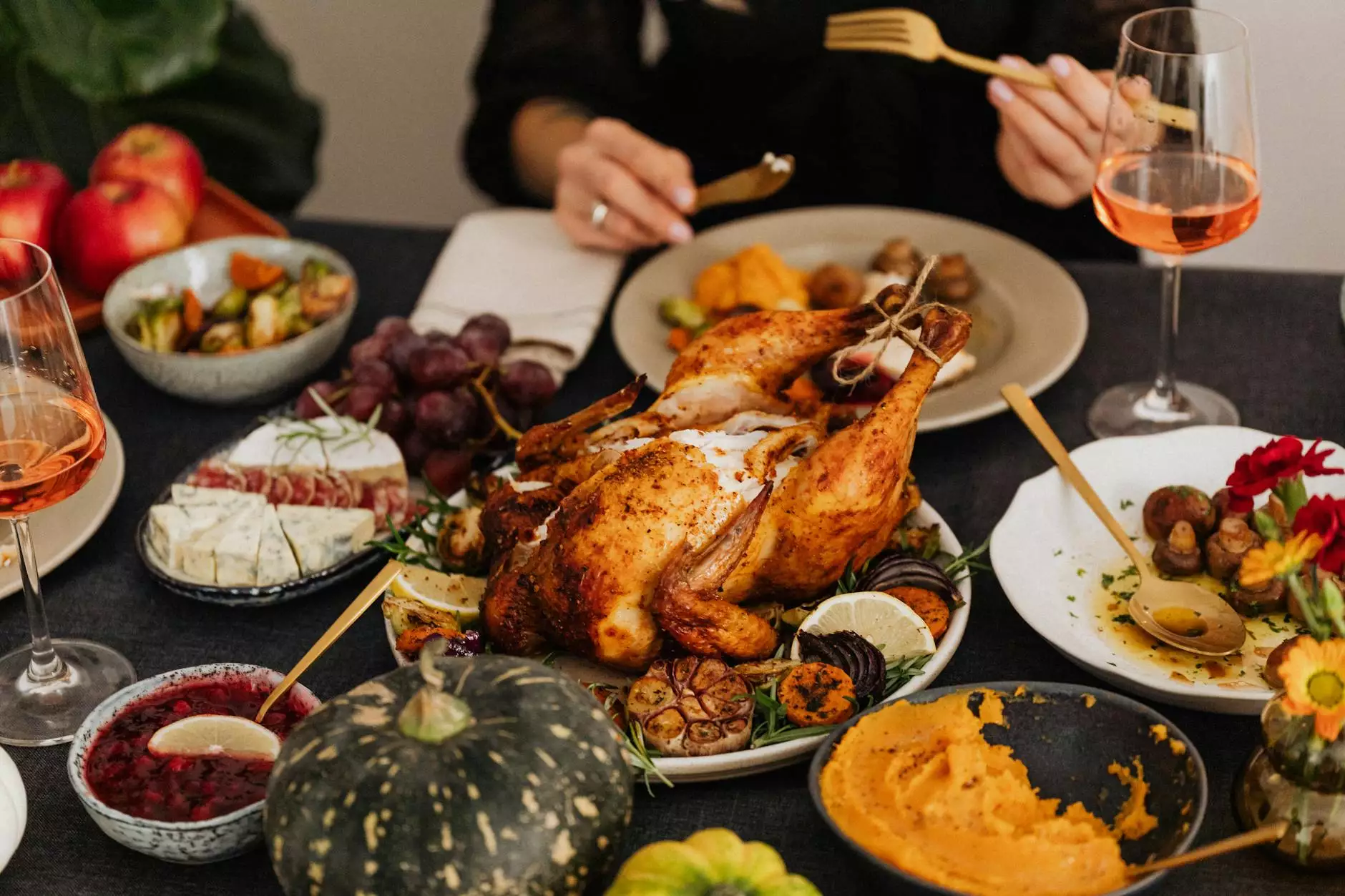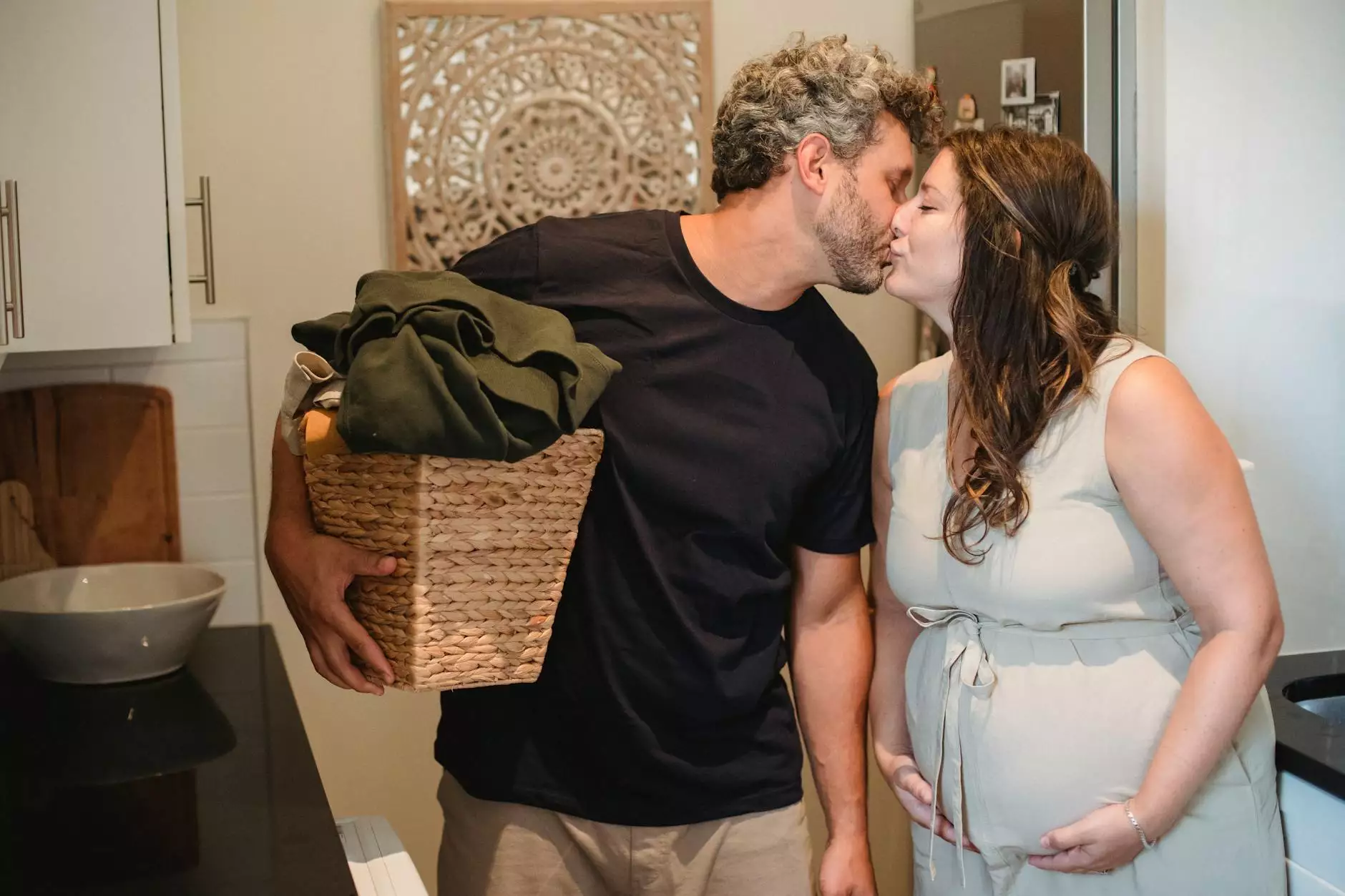English Lesson: Comparative and Superlative Adjectives
English Grammar Lessons
Welcome to the English lesson on comparative and superlative adjectives brought to you by NJCLT! In this informative lesson, we will delve into the intricacies of comparative and superlative adjectives, providing you with comprehensive knowledge and practical examples to enhance your understanding of this essential grammar concept.
A Brief Introduction to Comparative and Superlative Adjectives
Before we dive deep into the complexities, let's start with a brief overview. Comparative and superlative adjectives are forms used to compare and show the degree of superiority or inferiority among nouns or pronouns. By mastering these grammar forms, you'll be able to express comparisons with accuracy and precision.
The Structure of Comparative Adjectives
Comparative adjectives are used when comparing two entities. They can be formed by adding "-er" to the end of the adjective or by using the word "more" before the adjective. For example:
- "She is taller than her brother."
- "He is more intelligent than his classmates."
Note that when using comparative adjectives to compare two syllable words, it is common to use "more" before the adjective. For example:
- "The movie was more exciting than I expected."
Mastering Superlative Adjectives for Utmost Precision
Superlative adjectives, on the other hand, are used when comparing three or more entities and expressing the highest or the lowest degree. Superlatives can be formed by adding "-est" to the end of the adjective or by using the word "most" before the adjective. Let's look at some examples:
- "She is the tallest girl in the class."
- "That was the most delicious cake I've ever tasted."
Exceptions and Irregularities
Although the formation of comparative and superlative adjectives is generally predictable, there are some exceptions and irregularities that you should be aware of. Some adjectives have unique comparative and superlative forms, such as "good" (comparative: better, superlative: best), "bad" (comparative: worse, superlative: worst), and "far" (comparative: farther/further, superlative: farthest/furthest). Remembering these exceptions will ensure grammatical accuracy in your writing and speech.
Practical Application of Comparative and Superlative Adjectives
Now that we have covered the basic concepts, let's explore the practical application of comparative and superlative adjectives in real-life scenarios. Understanding how to use these forms correctly will not only enhance your communication skills but also give you a clearer understanding of the nuances in language.
Comparing People or Objects
When comparing people or objects, you can employ comparative and superlative adjectives to convey the differences in various aspects. For instance:
- "John's car is faster than Mary's car."
- "This book is more interesting than the previous one we read."
Comparing Abilities or States
Comparative and superlative adjectives can also be used to compare abilities or states. Consider the following examples:
- "Sarah is better at playing the piano than her brother."
- "The weather today is the hottest it has been all year."
Expanding Your Vocabulary and Sentence Variety
Ensuring that you have a wide repertoire of comparative and superlative adjectives at your disposal can greatly enhance your writing and speaking skills. By using diverse and nuanced vocabulary, you can paint a vivid picture and captivate your audience.
Using Different Comparative and Superlative Forms
Instead of relying solely on the "-er" and "-est" forms, try incorporating other comparative and superlative forms to add variety to your language. For example:
- "The view from the top of the mountain is the most breathtaking I've ever seen."
- "This is a better solution than the one we discussed earlier."
Exploring Synonyms for Comparisons
Expanding your vocabulary also enables you to explore synonyms for comparative and superlative adjectives. This not only adds richness to your language but also allows you to express your thoughts with precision. Consider the following examples:
- "Her dress is superior to mine in terms of quality."
- "The movie was unparalleled in its brilliance."
Revise, Practice, and Master
To truly grasp the usage and nuances of comparative and superlative adjectives, it is crucial to practice and revise. Engage in regular conversations, read extensively, and pay attention to how these forms are utilized by native speakers. By doing so, you will develop both fluency and accuracy in using comparative and superlative adjectives.
Conclusion
Congratulations on completing this comprehensive English lesson on comparative and superlative adjectives! With the knowledge and practical examples provided, you are now equipped to excel in your communication skills and express comparisons with confidence. Remember to continuously practice and expand your vocabulary to further enhance your command over these essential grammar forms. Happy learning!
For more free English lessons and resources, visit NJCLT.




